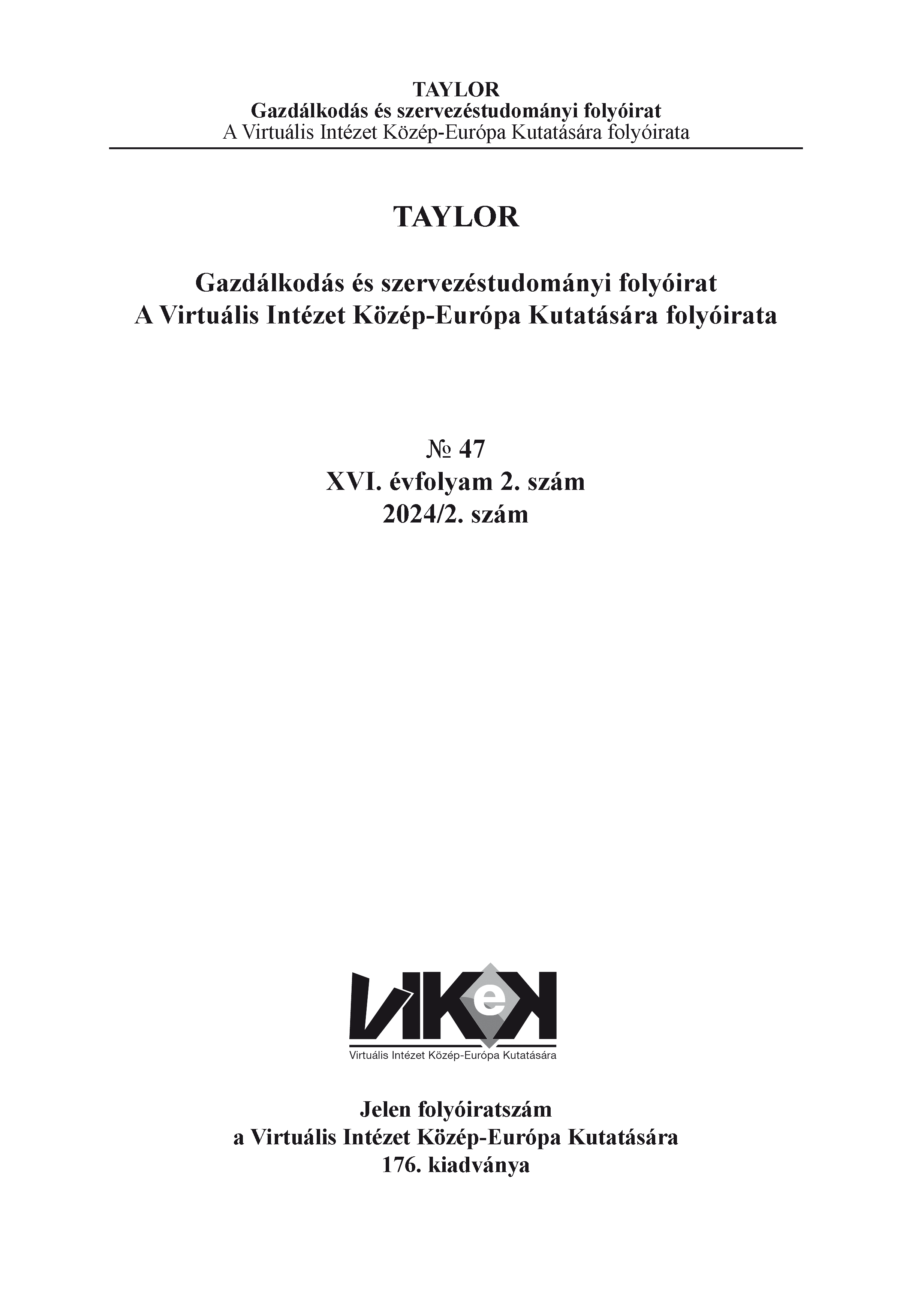A látvány-csapatsportok Tao-támogatásának hatásai a szponzorációs kapcsolataikra
##plugins.themes.bootstrap3.article.main##
Absztrakt
The sport finance system in Hungary went through a big change, when the right-wing party Fidesz won the elections and formed a government in 2010. They declared sport as a strategic field of society and decided to start development programs, allocating significant financial resources to them. To support spectator team sports, the possibility of channelling a certain percent of the corporate tax from profitable companies directly to sport was created. Since the companies could also record a tax reduction, it became a win-win solution for the grant providing company and the sports organization receiving the support, while the government is falling out of this tax amount. Since the system was introduced in 2011 – after the European Union’s approval – it has provided a wealth of lessons learned, with countless debates of its professional, financial and even moral effectiveness. But can this form of financial support be compared to real sponsorship? Did it fulfil its role in making a stronger relationship between sport organizations and enterprises? What happened to the real sponsorship deals, and what would be the case if the government withdrew the possibility? This essay tries to find answers to these questions. First of all I make a short introduction on Hungary’s sport system and the current environment, then describe how this process work and summarize the previous articles and research on the system. Finally, I conducted interviews with involved sport leaders and would like to present the results.
